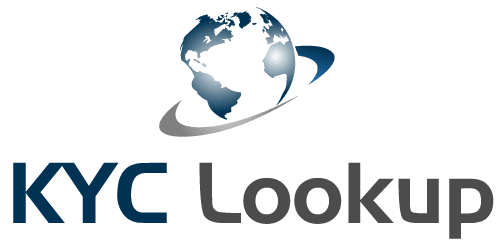09 Dec AML Compliance for Non-Financial Institutions: Stay in Compliance
AML compliance for non-financial institutions – Anti-Money Laundering (AML) compliance is a cornerstone in the fight against financial crime. While financial institutions are at the forefront of implementing AML measures, non-financial institutions often overlook their pivotal role in preventing illicit activities. As the scope of money laundering expands, sectors such as real estate, legal services, and high-value goods traders are increasingly targeted by criminals. Ensuring AML compliance for non-financial institutions is now more critical than ever.
At KYC Lookup, a UK-based fully accredited AML training provider, we offer tailored AML courses that equip corporate clients with the tools and knowledge to remain compliant, regardless of their industry.
AML compliance for non-financial institutions – Why is it Required?
Non-financial institutions often underestimate their vulnerability to money laundering. Criminals frequently exploit these businesses for their lack of robust AML controls.
Industries such as real estate, law firms, casinos, and dealers in precious metals and stones are particularly exposed. These sectors deal with high-value transactions that make them attractive to money launderers. By enforcing AML compliance, these industries can protect themselves from reputational damage, hefty fines, and legal repercussions.
Key AML Obligations for Non-Financial Institutions
For non-financial institutions, understanding and implementing the following AML obligations is essential:
- Customer Due Diligence (CDD): Businesses must verify the identity of their clients and monitor ongoing transactions to detect suspicious activity. This is particularly crucial in high-risk industries such as real estate and legal services.
- Suspicious Activity Reporting (SAR): Non-financial institutions must report any unusual or suspicious activities to the relevant authorities. Failure to do so can result in severe penalties.
- AML Training for Staff: Proper training is a fundamental requirement for ensuring employees understand AML laws and how to recognise red flags. KYC Lookup provides comprehensive AML training programmes to meet these needs.
- Record Keeping: Non-financial institutions are required to maintain detailed records of transactions and customer data for a specified period, typically five years.
Benefits of AML Compliance for Non-Financial Institutions
Investing in AML compliance yields numerous benefits for non-financial institutions:
- Enhanced Reputation: Demonstrating commitment to AML standards fosters trust among clients and stakeholders.
- Legal Protection: Compliance ensures businesses avoid penalties and remain on the right side of the law.
- Operational Efficiency: Implementing AML processes streamlines risk management and decision-making.
- Access to New Opportunities: Many large corporations and governments prefer to work with compliant organisations.
By enrolling in KYC Lookup’s AML courses, non-financial institutions can benefit from industry-specific training that simplifies compliance.
AML Challenges Faced by Non-Financial Institutions
While compliance is necessary, it is not without its challenges. Non-financial institutions often face:
- Limited Awareness: Unlike financial institutions, many businesses lack awareness of AML obligations.
- Resource Constraints: Smaller organisations may struggle to allocate resources for compliance efforts.
- Rapid Regulatory Changes: Keeping up with AML regulations can be daunting without the right support.
KYC Lookup bridges this gap with expert AML training tailored to the unique needs of non-financial institutions.
How KYC Lookup Can Help
KYC Lookup is a UK-based, fully accredited AML training provider specialising in corporate training. We offer bespoke AML compliance courses that address the specific challenges faced by non-financial institutions.
Our training programmes cover:
- The fundamentals of AML regulations and their application.
- Practical strategies for implementing compliance measures.
- Guidance on recognising and reporting suspicious activities.
KYC Lookup’s interactive video tutorials and in-person training sessions ensure participants gain actionable insights to strengthen their compliance frameworks.
Steps to Achieve AML Compliance for Non-Financial Institutions
- Conduct a Risk Assessment: Identify vulnerabilities in your business processes and evaluate the risks posed by your customer base and transactions.
- Develop an AML Policy: Create a policy that outlines procedures for due diligence, reporting, and record-keeping.
- Train Your Team: Regular training sessions, such as those offered by KYC Lookup, help employees stay updated on AML practices and legal requirements.
- Leverage Technology: Utilise AML software to automate processes such as CDD and transaction monitoring.
- Monitor and Review: Regularly review and update your AML programme to adapt to regulatory changes and evolving threats.
Real-Life Impact of AML Non-Compliance
Cases of non-compliance illustrate the serious consequences non-financial institutions face:
- Real Estate Firms: Property transactions have been used to launder millions globally. Compliance lapses have resulted in significant penalties.
- Legal Practices: Law firms implicated in money laundering scandals have suffered irreversible reputational harm.
Don’t let your business become the next cautionary tale. Equip your organisation with the necessary tools through KYC Lookup’s AML training programmes.
The Importance of Proactive AML Compliance
In conclusion, in today’s interconnected world, non-financial institutions play a vital role in combating money laundering. Proactive AML compliance is not just a regulatory requirement—it’s a business imperative.
Partnering with KYC Lookup ensures your organisation stays ahead of AML threats while maintaining the highest standards of integrity. As a UK-based fully accredited AML training provider, KYC Lookup is your trusted partner in safeguarding your business against financial crime.



No Comments